Premier and Treasurer Mark McGowan is set to unveil WA's latest budget at 2:00pm WST, which is expected to pack a $4 billion surplus.
Follow all of the WA budget reaction and analysis in our live blog.
Key events
To leave a comment on the blog, please log in or sign up for an ABC account.
Live updates
That's all folks!
By Gian De Poloni
Thanks so much for following along with us today! You can read through all of the key events in the panel above.
We'll leave you with this splendid video from ABC WA state political reporter Keane Bourke about life in the (budget) lockdown.
Have a great evening!
Details on $2.3 billion 'big battery'
By Gian De Poloni
By ABC South West reporter Georgia Loney
One of the bigger announcements in the budget was $2.3 billion for what the State Government says will be one of the world's largest batteries in the southern WA town of Collie.
Shire President Sarah Stanley says she's been told the battery will be installed on the same industrial estate as the coal-fired Collie power station, which is set to be retired by 2030.
The battery will be funded from $2.8 billion set aside for the opening phase of a 'green energy transformation' for WA.
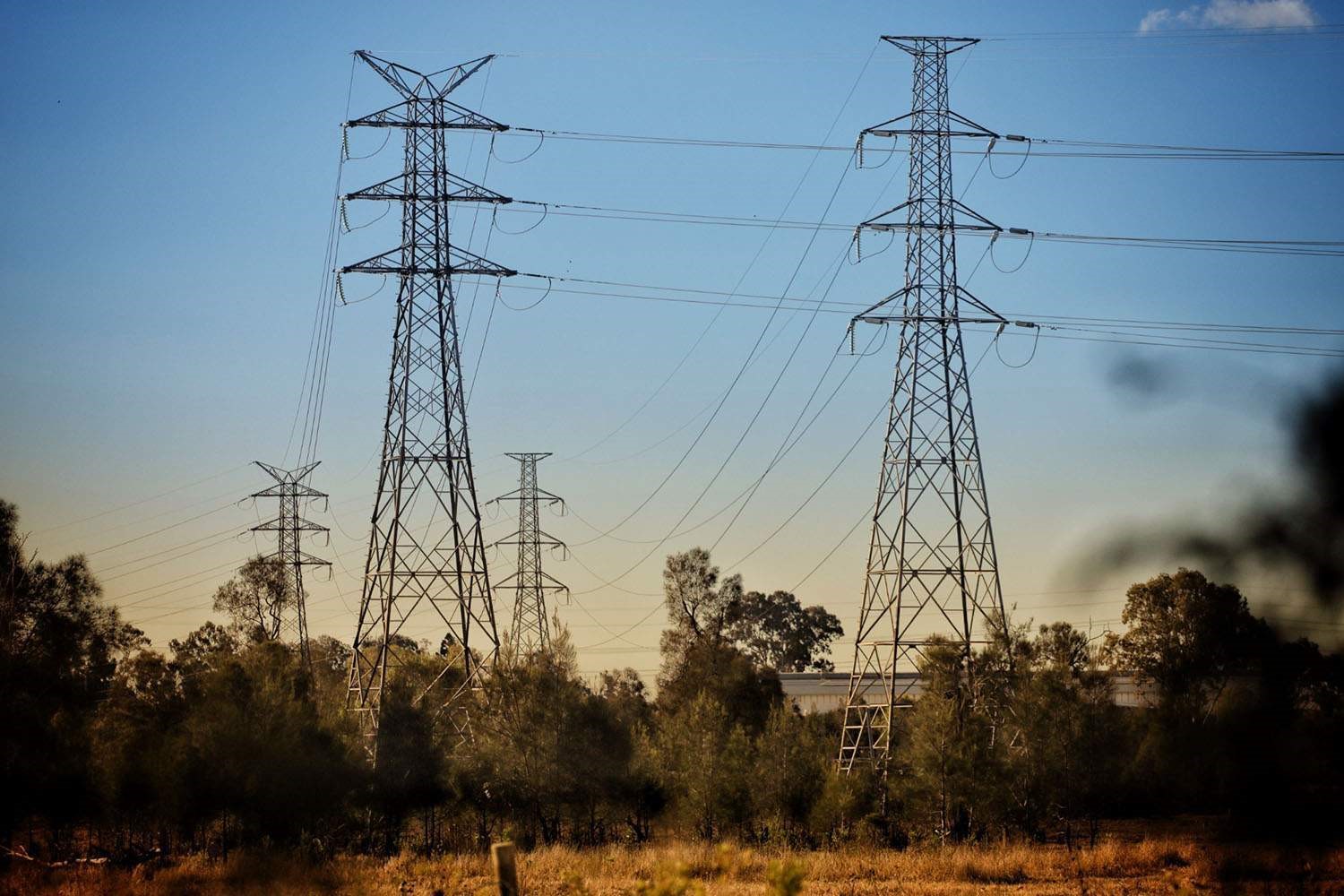
Ms Stanley says she understands the battery will be owned and operated by WA's state-owned energy retailer, not the private market.
"It'll be done in two stages, it's a Synergy owned big battery system, they'll be installing it and operating it,” she said.
She said the next step would be development approval, with construction slated for as early as next year.
The battery would help secure the reliability of the grid, and allow renewable energy to be used for new industries mooted for the town.
“What it does is it shores up the ability for other industries to come in and use that power that will ultimately employ our skilled workforce that are in the mines and the power stations, such as magnium and green steel”
Budget 'doing a bit of everything'
By Gian De Poloni
A quick take from WA state political reporter Keane Bourke on the budget:
One of the best ways to see where a government's priorities lie is to look at where they're spending taxpayers' money.
In his government's seventh budget Mark McGowan is trying to do a bit of everything.
As he told Parliament, there's money for growing the economy, helping with cost of living, improving healthcare and housing and moving towards net zero by 2050.
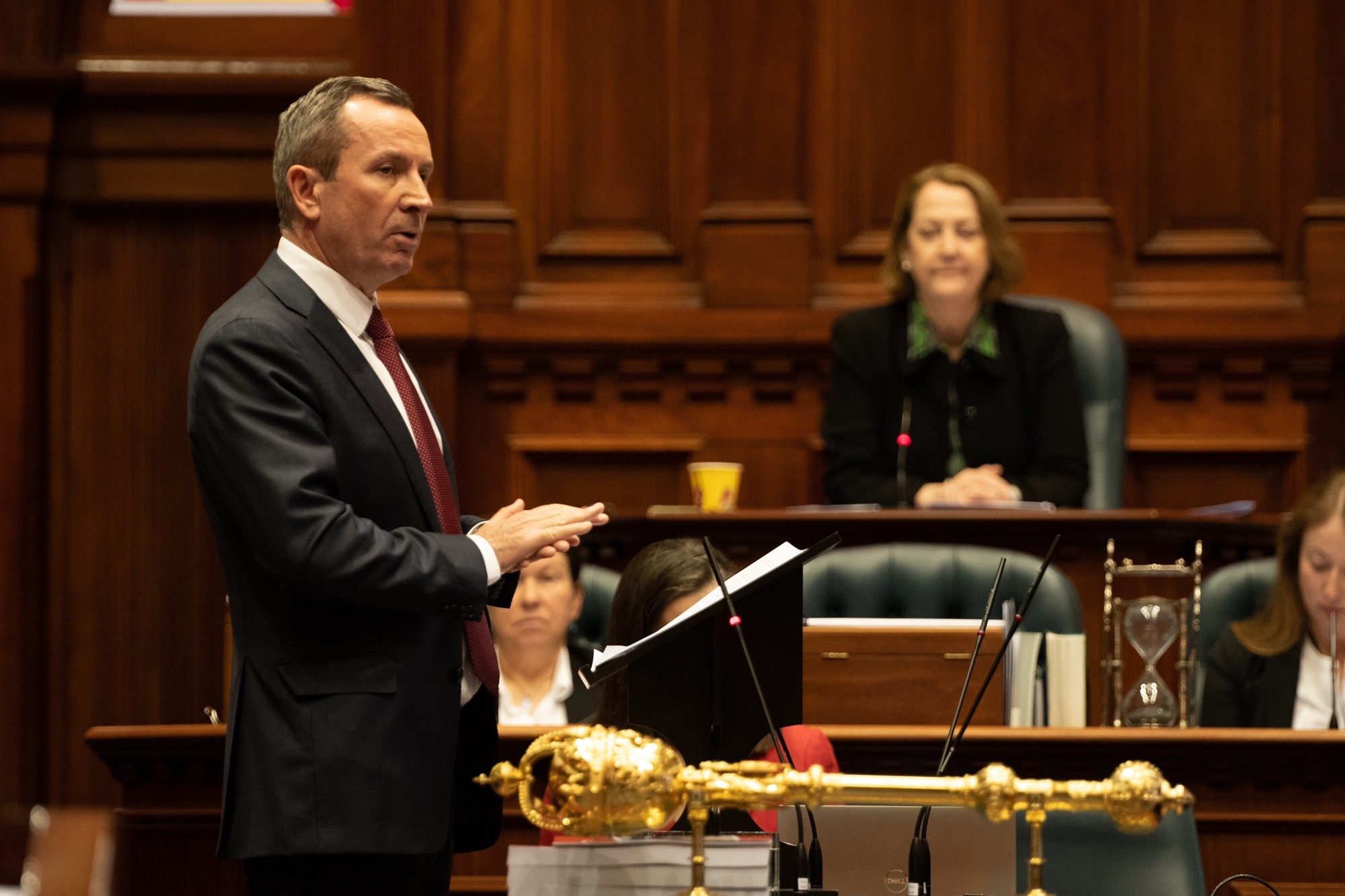
All of that at the same time as keeping the budget in surplus and paying down debt.
All up, the Premier says his third budget as treasurer "clearly demonstrates that our work to improve the state's finances and build a strong and resilient economy has left us in a position that is the envy of the nation".
"It has put us in a position to support Western Australian families and communities, enhance public services and continue our record investment in the state's future."
Unions flag likelihood of industrial action with persisting high inflation
By Gian De Poloni
UnionsWA secretary Owen Whittle welcomed the one-off electricity credit as a “temporary, but very important measure”.
However, with the Reserve Bank of Australia predicting inflation will remain high until at least late 2024, Mr Whittle says public sector wages need to be boosted to meet cost-of-living pressures.
“It is clear there is going to be significant industrial disputes within the public sector if wages policy isn’t increased at the end of this year,” he said.
WA’s nurses union – the Australian Nursing Federation – was fined $350,000 after thousands of nurses and midwives went on strike for better wages and conditions in November against the orders of the industrial umpire.
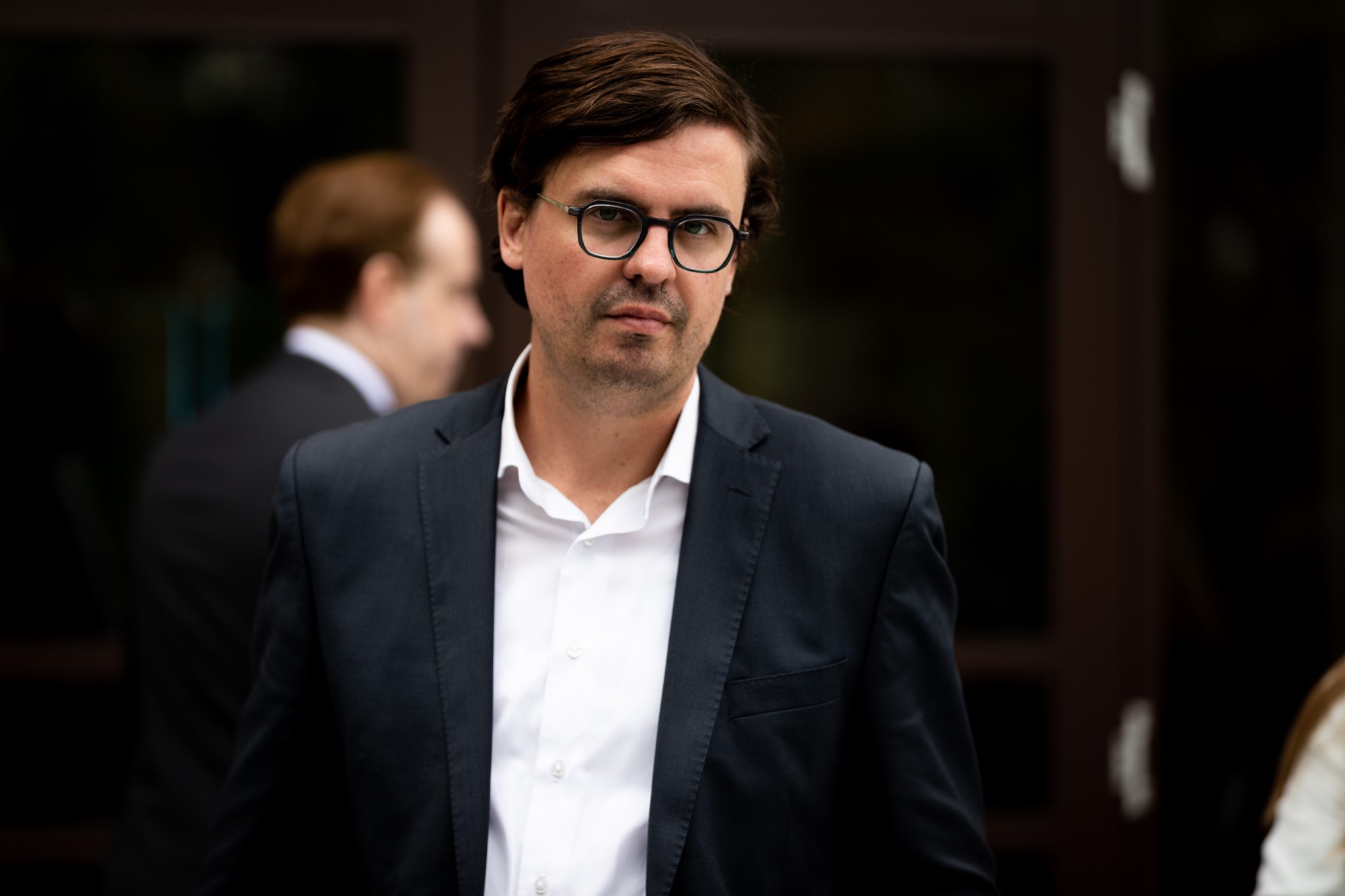
International student sector gives budget thumbs up
By Kate Christian
By Study Perth chief executive Derryn Belford:
Building on the $41.2 million investment the WA government made into international education in last year's budget, we are pleased to see a further $13.1 million this year.
After the sudden pause in international students coming to WA during COVID, with many graduating and not being replaced by new students, it is important that we continue to promote Perth as a study destination for students now and into the future.
We are pleased that an additional $6 million over two years has been included in the budget, for marketing activities that will increase the awareness of Perth as a fantastic place for students to get an education.
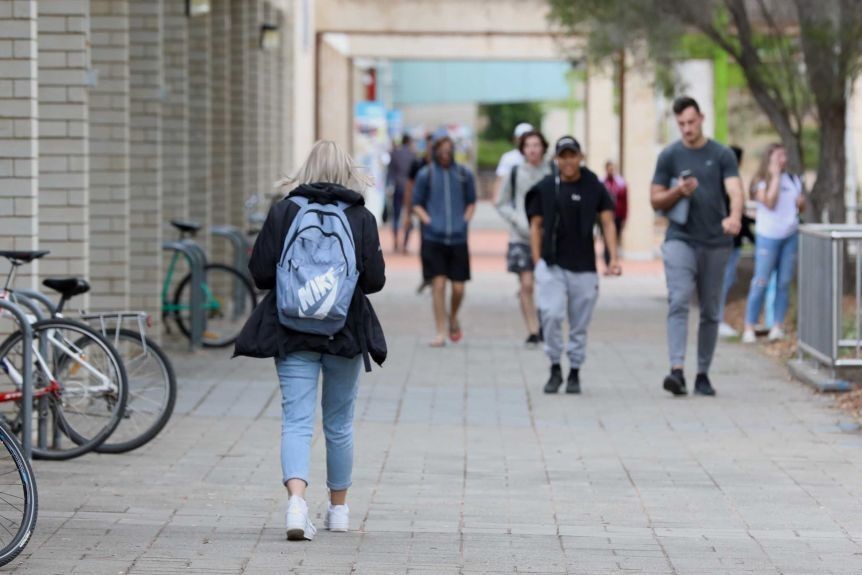
Over the last three semesters, the government has provided $1,500 grants to new international students who choose to study in Perth, either as an accommodation subsidy or a bursary for students studying an English language course.
In this budget, $5.5 million will be used to continue this program for semester two this year. Given the increasing rents for everyone in WA, this grant will help get many new international students get started in Perth.
McGowan has 'more money than he can spend': WA opposition
By Gian De Poloni
The opposition’s treasury spokesman Dr Steve Thomas says Mark McGowan should be embarrassed by his additional revenues, because “once again, he’s got more money than he can spend.”
“It is another massive surplus for the state of Western Australia. Mark McGowan is still Scrooge McDuck sitting on a massive amount of money in his money bin.”
“Nothing compares to the level of royalty income that has been experienced under the Mark McGowan government.
“It is iron ore that has made Mark McGowan rich, nothing else”.
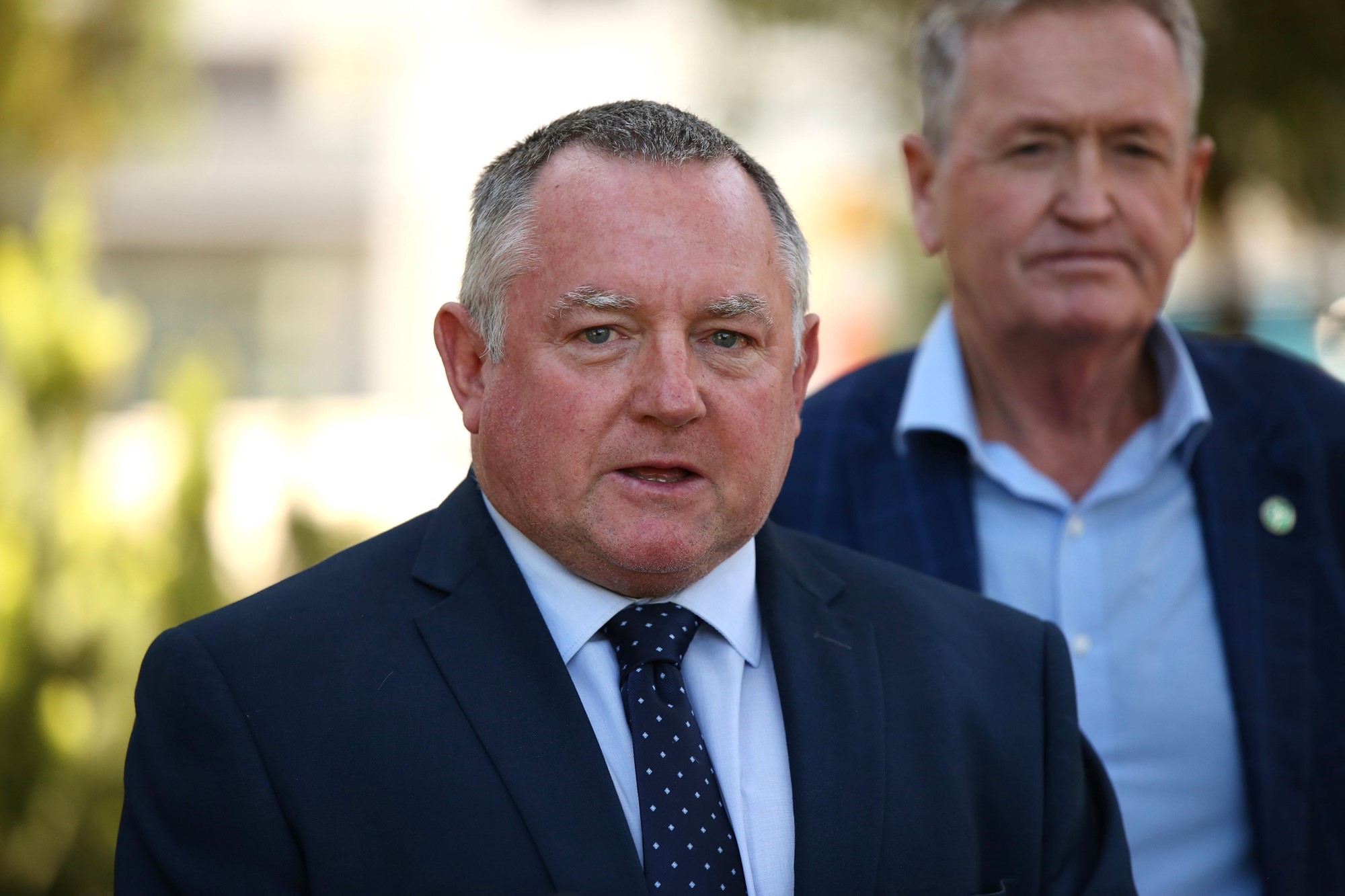
Mr Thomas says boasts of WA's fortunes would not help the state — especially when it came to GST.
“The biggest enemy to maintaining the current (GST) system at the moment appears to be Mark McGowan boasting about his financial prowess and the size of his surpluses. That exacerbating the pressure for change (the system). That needs to change.”
Mr Thomas says now is the perfect time to focus on paying down debt.
“You’ll never have a better opportunity to pay down debt than when you’re making massive profits. Every business knows that, everybody at home knows that – when you’re income is high, that’s when you try and minimise your debt. And our income has never been higher. But we’re not making a significant impact on debt.”
Opposition Leader Shane Love said despite an announcement of a $4.2 billion surplus, West Australians were slapped with further increases in fees and charges.
“Given their financial position, Labor has the opportunity to ensure WA families who are struggling to pay bills, cover rent and keep food on the table have the support they deserve,” Mr Love said.
AMA says budget puts ailing health system on road to recovery
By Kate Christian
Australian Medical Association WA president Mark Duncan-Smith said the $2.7 billion spend on health and mental health would go a long way to improve long-running issues in the health system.
Dr Duncan-Smith says the promise to increase the number of beds and reduce hospital occupancy will help reduce ambulance ramping and deliver a safer and higher quality health system.
"AMA WA has been calling for increased investment in health and an increased number of beds," he said.
I applaud the McGowan government for listening and taking that on board."
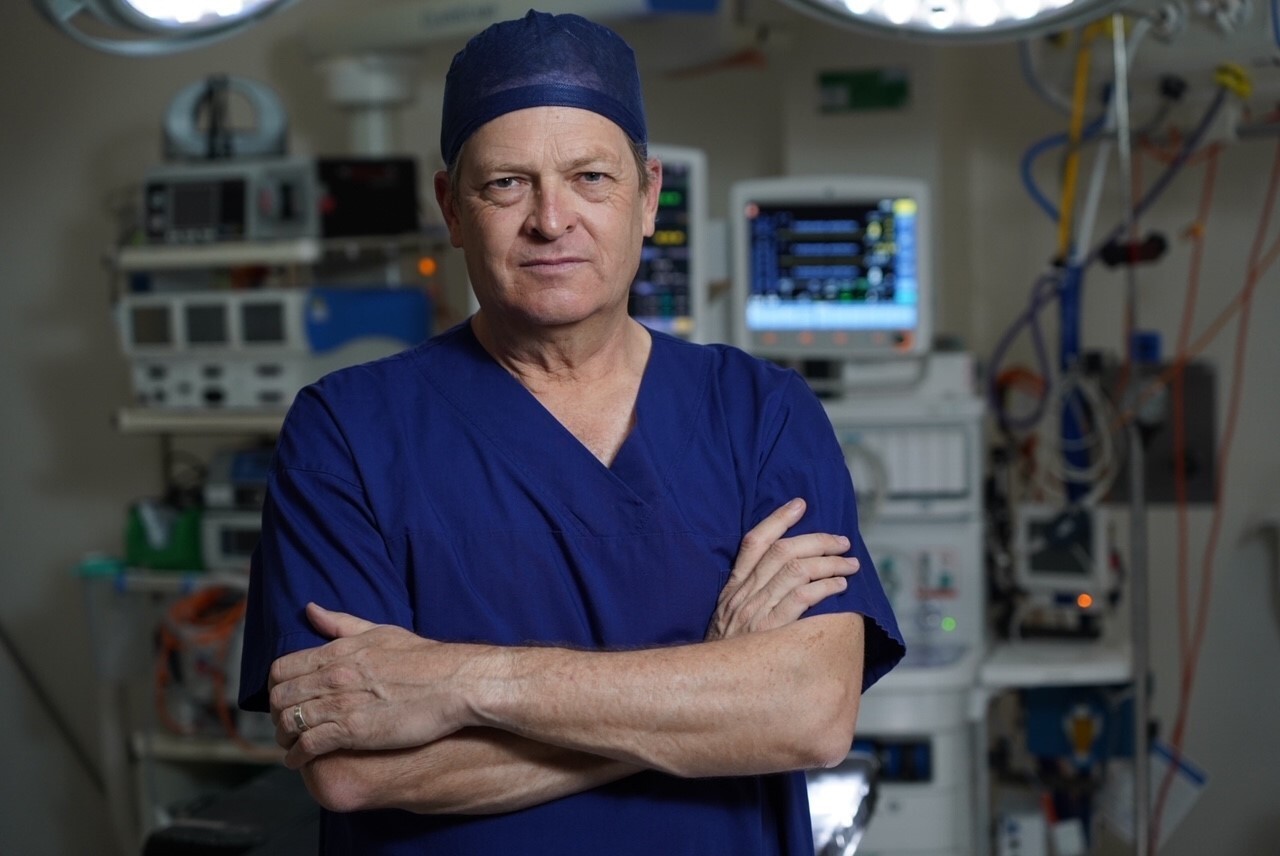
However, Dr Duncan-Smith said there was "nothing" in the budget for junior doctors, who he says form the "backbone of our healthcare system".
"AMA WA calls on the McGowan government to reconsider its position on an attraction and retention package for junior doctors and to enter into discussion in good faith with the AMA to bring that to light," he said.
He said WA should follow in the footsteps of the Queensland and New South Wales governments, which have offered generous incentives for doctors to go and work in those states.
What do you think your money should be spent on?
By Gian De Poloni
We asked you what the government should be spending more money on, and here’s what you said:
Natalia Asha: Renewable energy – setting us up for the future
Jenny Hill: Something to halt the uncontrollable rise in food costs
Paulie Ross: The freeway! Hurry up and just finish those roadworks already, you’ve spent the past 10 years working on them
Susan Clarke: Rent relief, housing, youth support (sort out Banksia!!!) , save our natural environment ( at least what's left! )
Ryan O' Connell: An investigation as to why people are paying nearly $200 for a bottle of gas when we're giving the crap away for nothing.
Ted Willmington Phillpot: Don't know but I just purchased from my local supermarket a loaf of bread … cost me $7.20 . I've been fighting Centrelink for an application to go on a pension for over 3 months , maybe markey mark can sling some my way
Katherine Cheng: Maybe allow WA Seniors the same rights as seniors in the ACT, NT, SA … who do not need to "WA" — wait awhile ! Considered SENIOR at AGE 60, but *n o t* in WA.
Where is all this money coming from?
By Gian De Poloni
What's the breakdown of WA's earnings, ie GST, iron ore etc. sales, other stuff?
- George
Great question George! Over to economic extraordinaire Conrad Liveris. And he brings a pie chart with him!
All the money collected by the Government totals $43.2 billion. $16.7 billion comes from Commonwealth grants, $11.9 billion from direct tax the State Government takes, $7.9 billion from royalty revenues from the resources sector, and the rest is made up of smaller amounts from various sources.
State governments collect some of their own income, but a lot of it comes from the Federal Government which has the main taxation power (such as personal income and business taxes).
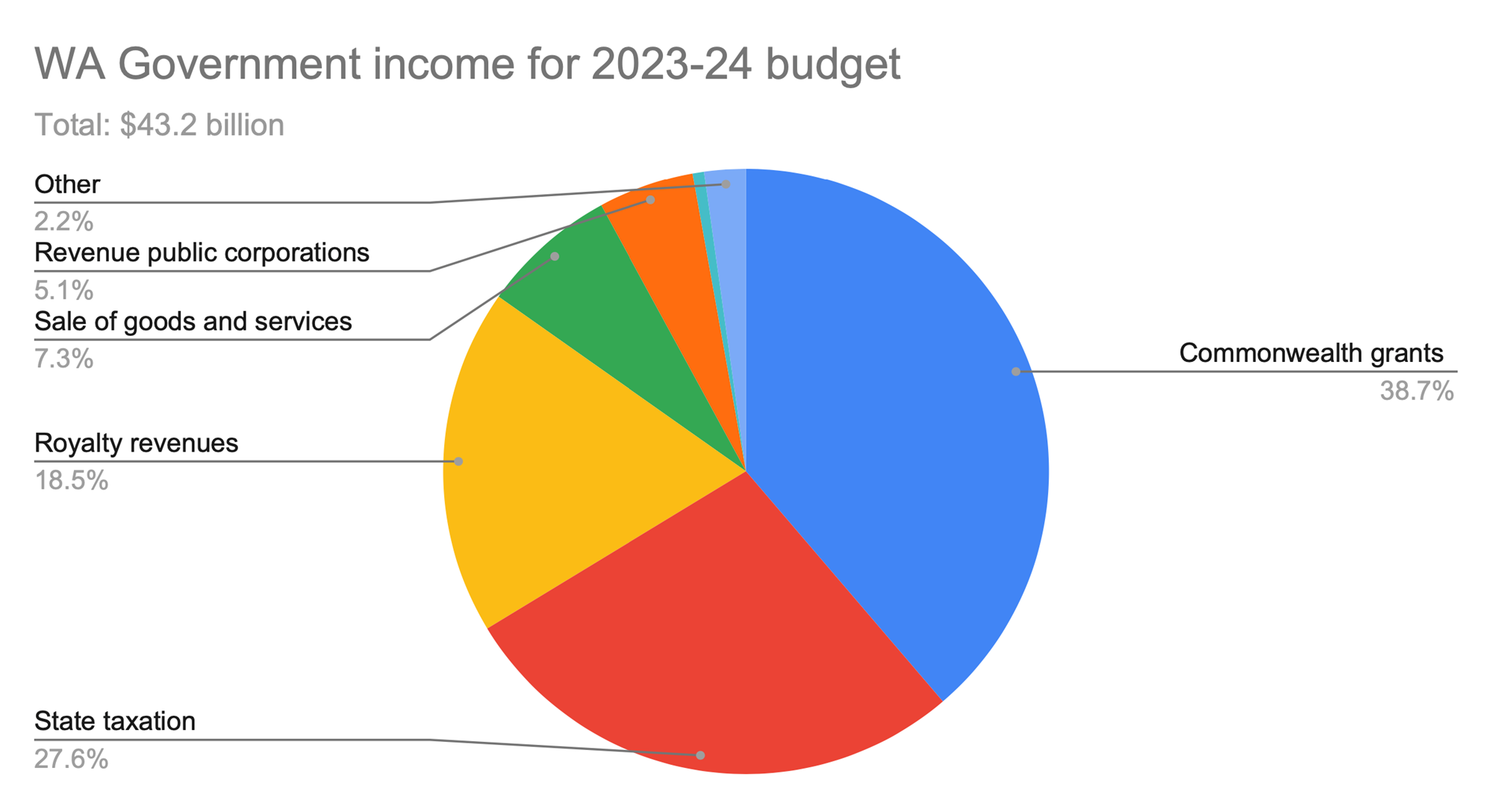
Premier stands behind Banksia Hill riot 'terrorism' comment
By Gian De Poloni
The budget is not the only big political issue in WA this week. The Premier’s comparison of "appalling" actions taken by juveniles during a riot at Banksia Hill Detention Centre to “terrorism” has been criticised by those advocating for changes to the way the state deals with juvenile offenders.
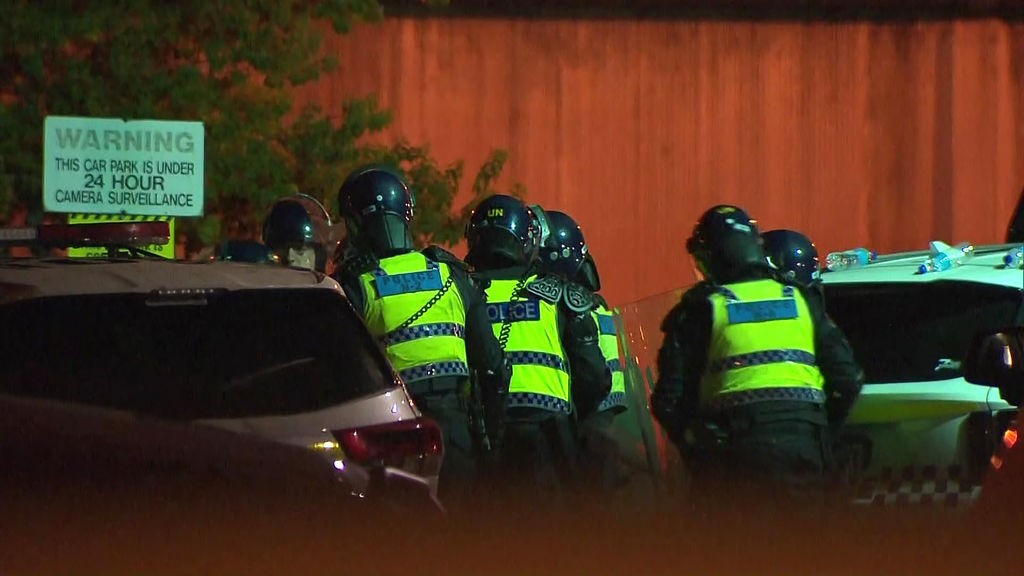
Questions have been raised about how the role foetal alcohol spectrum disorder (FASD) could have played in the judgment showed by the almost 50 detainees who rioted at the center over 12 hours on Tuesday.
But in a post-budget interview given to ABC Radio Perth’s Jo Trilling, the Premier wasn’t having a bar of it.
“I stand by what I said. People, including the media, need to stop making excuses for this,” he said.
“It's fanciful to suggest that they [don’t] understand that when they break out of their cell, they set fire to things, they assault guards, they bash other people, they know that's wrong.
“The idea that somehow they don't know that's wrong is ridiculous.”
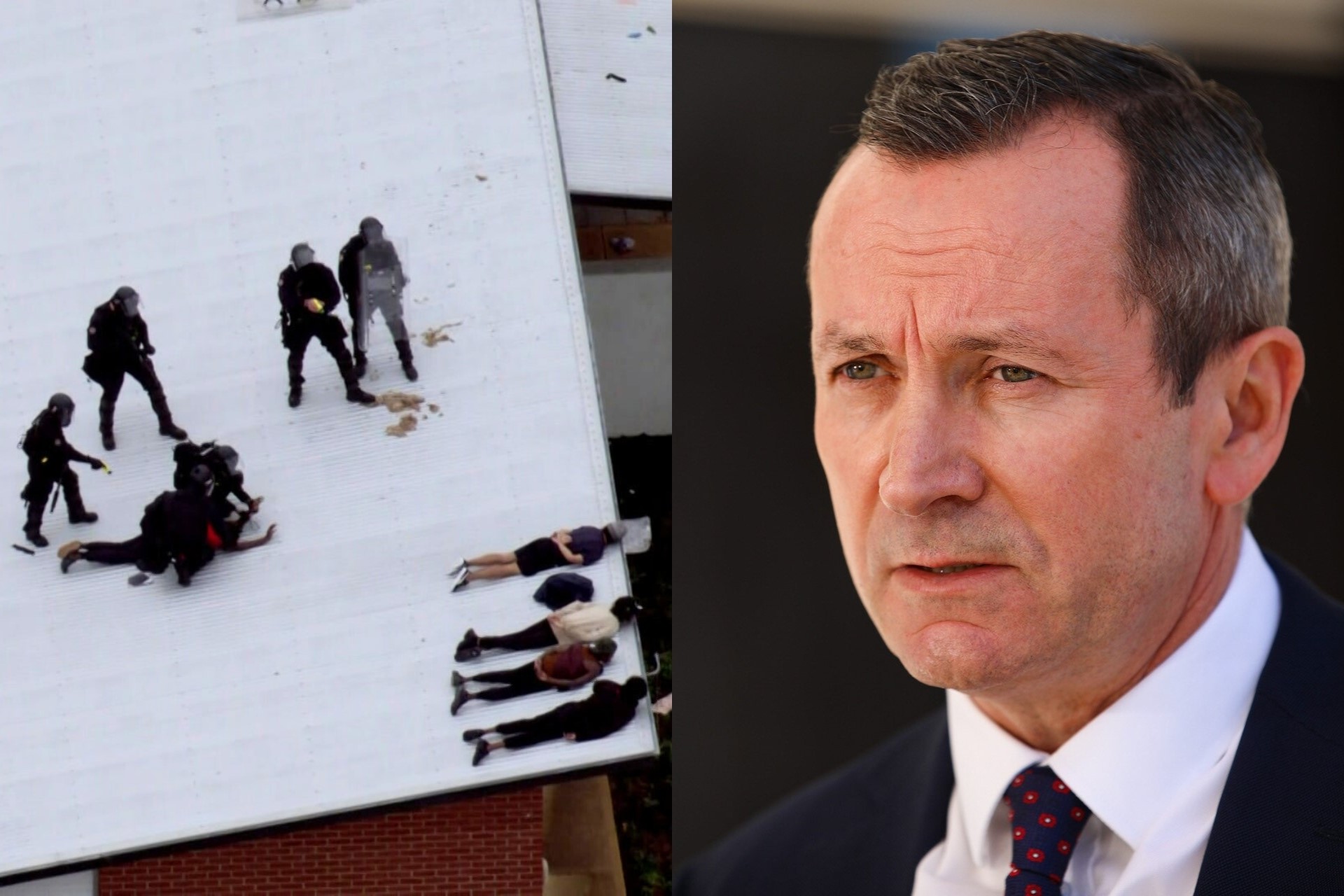
Mr McGowan said the fact a significant number of these detainees have impairments such as FASD shouldn’t be an excuse for that behaviour.
“This is your opportunity to turn your life around. You had a life outside in which you did things you regret and caused immense pain to other people,” he said.
“They would not be in detention if they were incapable of pleading or they couldn't form an intent — because the courts have found they can, and that's why they're there.”
Will this budget hinder or help the McGowan government at the next election?
By Kate Christian
Political expert Martin Drum said budgets that are closest to the election have the biggest impact on the government's political fortunes.
"We still have one more budget to go, in 2024, which will likely shape the election the most," he said.
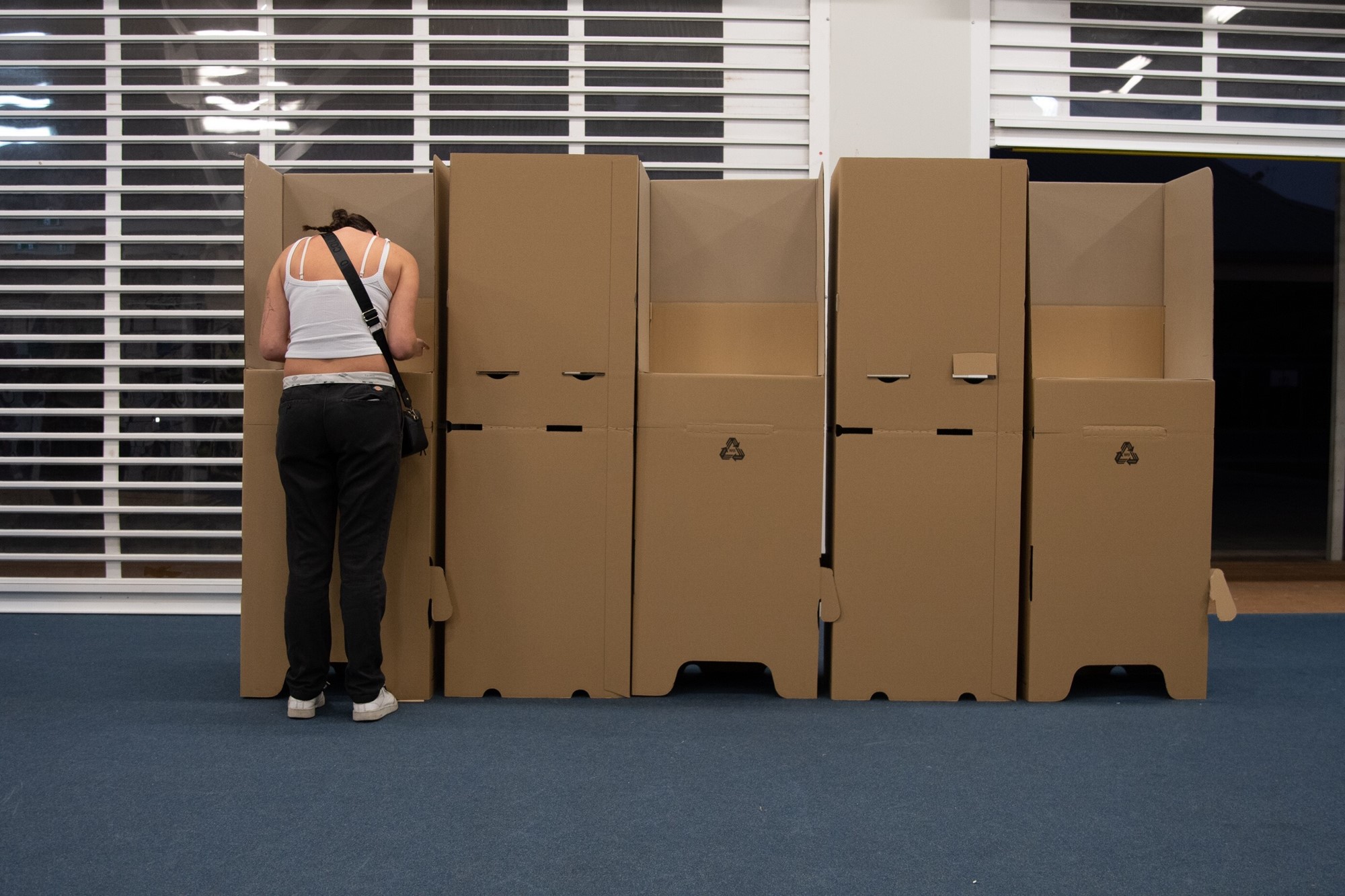
Professor Drum said budgets that hurt governments the most are ones that:
- Backflip on specific election commitments
- Contain unpleasant surprises which impact on a segment of the community
"The government has not needed to fulfill either of these criteria given the strength of the WA economy.
There's probably no coincidence that the WA budget is slightly bigger than the federal one.
The message here is that the WA budget is in a stronger position than the federal government and other states.
The revision upwards from $1.8 billion to the new figure also reinforces the message that the economy is getting stronger."
Commitment to at-risk children 'weak and vacuous': advocate
By Kate Christian
National Suicide Prevention and Trauma Recovery Project director Megan Krakouer says there's "zero" in the budget to help WA's most marginalised and at-risk children, especially those suffering "acute disadvantage" while incarcerated in Banksia Hill and Unit 18 at Casuarina Prison.
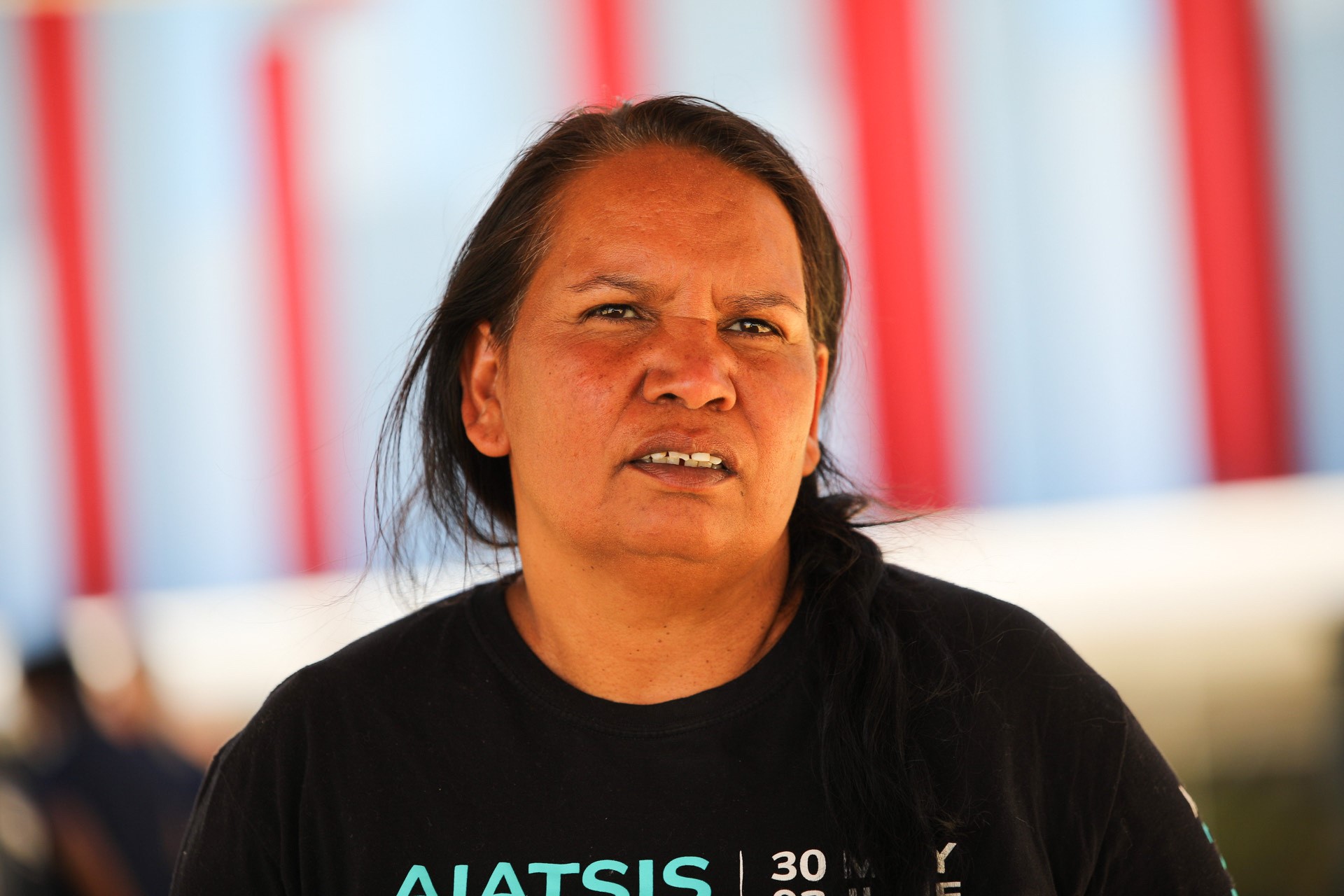
"They haven't prioritized the children of Western Australia's only child prison, nor the children likely to finish up in this prison," she said.
They fund law and order but not transformational and restorative supports to turn around the lives of these children.
They claim to fund therapeutic and multi-disciplinary projects but they are weak and vacuous and without relevant expertise.
Australia's richest state funds only what continues to fail. The budget has once again left these children behind."
Update
By Kate Christian
By ABC journalist Cason Ho
WA’s population is expected to grow by 56,000 people – or two per cent – by the end of this financial year.
Property Council WA executive director Sandra Brewer says the growth, driven by migration into WA, will help address worker shortages, but more needs to be done to ensure people have a place to live.
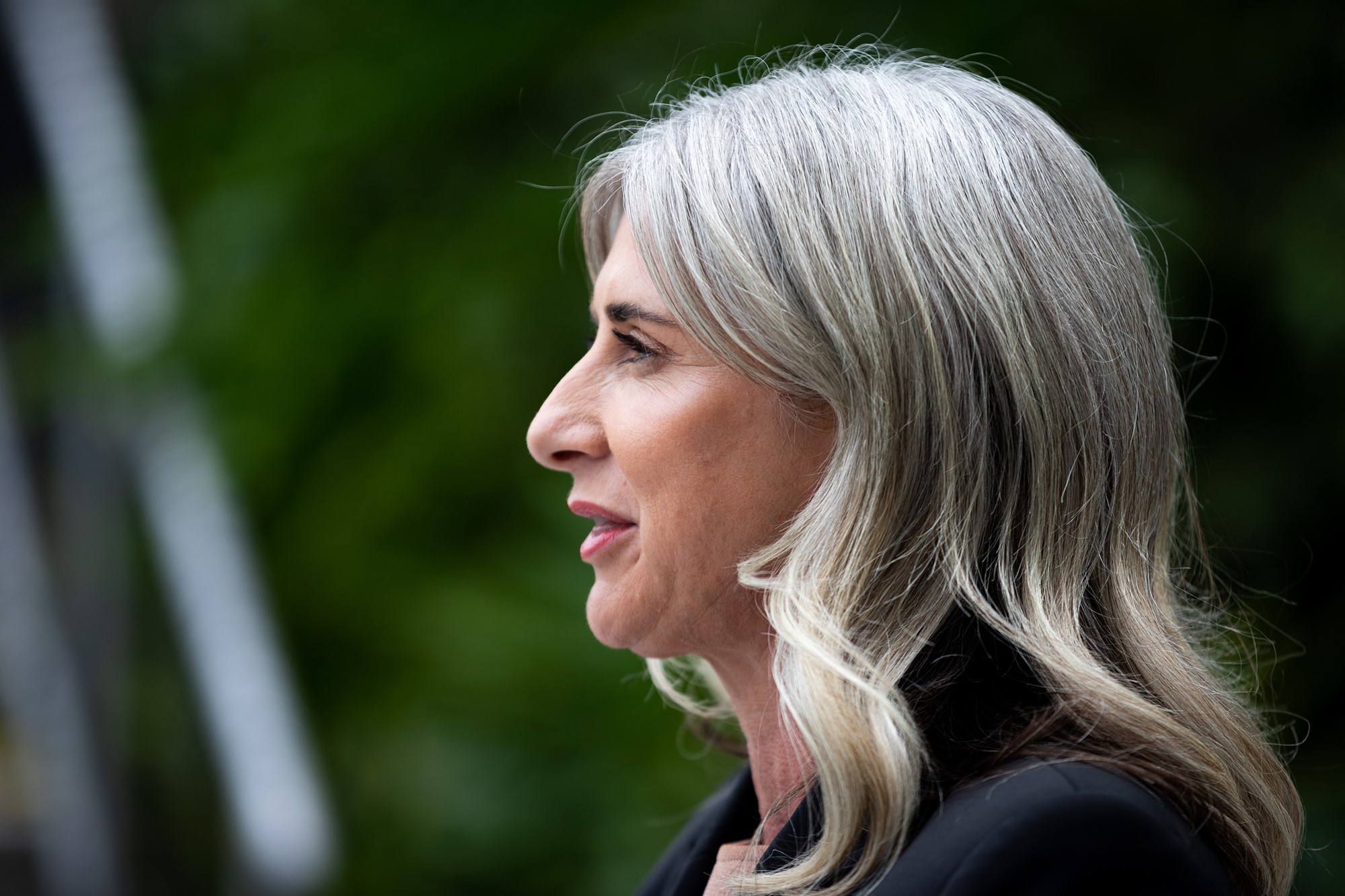
“To avert a housing supply crisis, we need to do everything we can to ensure that we support supply and construction workers,” she said.
Ms Brewer welcomed $33 million allocated towards a stamp duty rebate to get more people living in apartments.
“It means people buying a $650 dollar apartment off the plan will pay no stamp duty," she said.
"For the average two-bedroom, two-bathroom house in inner-city Perth, it means stamp duty will be reduced by 50 per cent, with only a $17,500 cost.”
Premier v Premiers
By Gian De Poloni
In 2017 aspiring WA premier Mark McGowan practically idolised his Victorian counterpart Dan Andrews, but how times have changed — and the almighty dollar is at the heart of it, writes ABC reporter Daniel Mercer.
Ahead of a review of the GST deal, due to report by 2026-27, Mr McGowan is gearing up for a fight that he dearly wants to have.
It was WA's supposed exceptionalism and a deep sense of tribalism that helped deliver the premier unparalleled success at the 2021 election, where the Liberal Party was virtually wiped off the face of the electoral map.
Ever the canny politician, Mr McGowan must sense that a defence of WA's GST deal represents his best opportunity of repeating the trick.
Either way, the bromance with Mr Andrews is over.
No relief for renters
By Kate Christian
By ABC journalist Cason Ho
The federal Labor Government’s budget didn’t put in place a rental freeze to help with cost-of-living pressures because, they say, it’s a state issue.
However, WA’s budget which promises “genuine cost-of-living relief” won’t provide any rent relief either, which the WA Council of Social Service chief executive Louise Giolitto says is desperately needed.
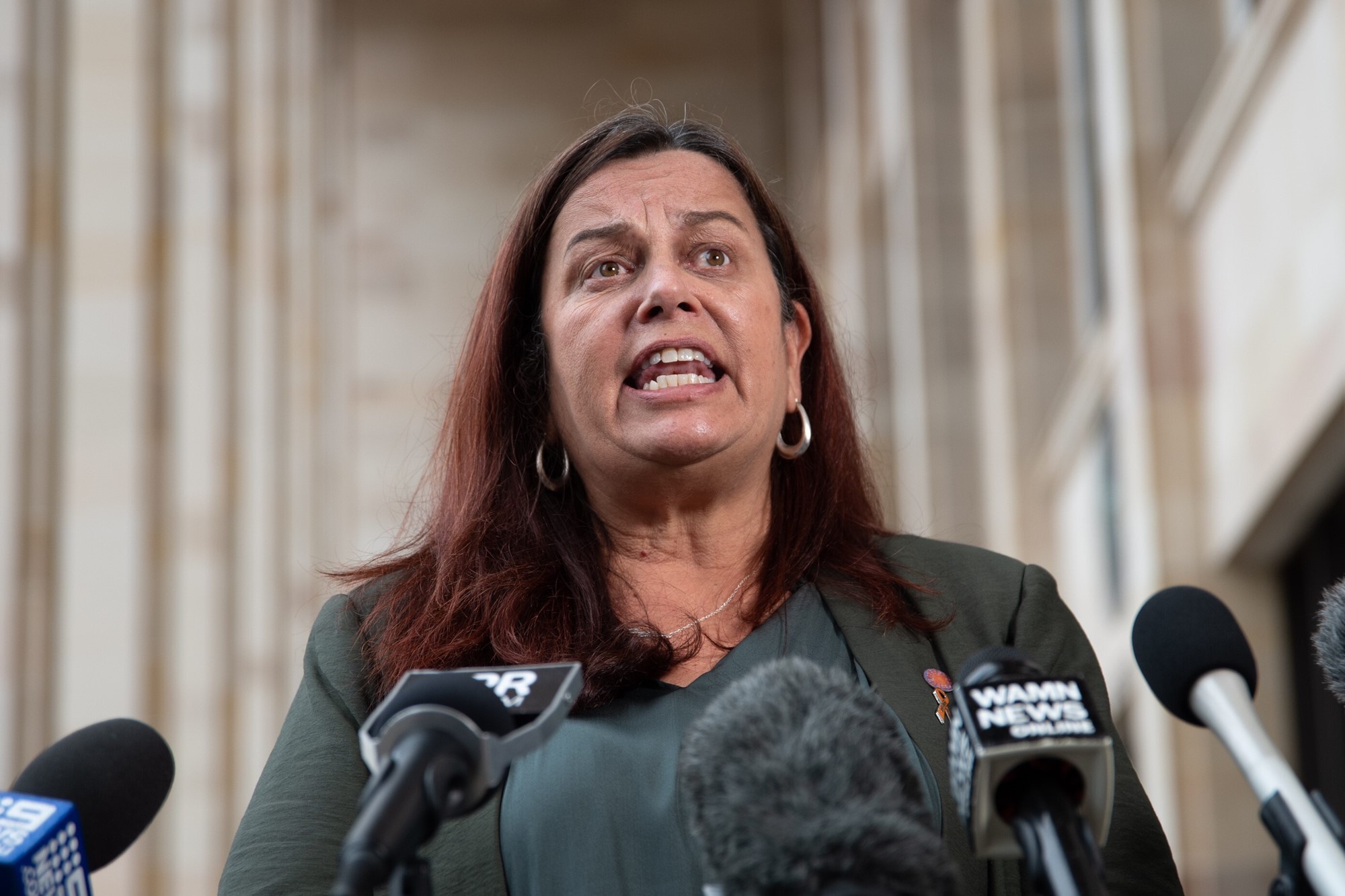
“We welcome some of the cost relief benefits that are in today’s budget. However, this is the fourth year where the government has released an incredible surplus,” Ms Giolitto said.
“So much more could have been done to support those vulnerable households … One of our key asks was an additional rent relief scheme that they put in place at the beginning of COVID.”
As the government continues its review of the state's tenancy laws, renters will be waiting with bated breath to to see if it pulls other levers to help them out.
This could include rent caps, limiting rent increases to once a year and banning no-grounds evictions.
Has the government eased the housing crisis?
By Kate Christian
By Politics and International Relations expert Martin Drum
"This was always a difficult one to resolve. The housing crisis can only be alleviated by increasing supply and that's easiesr said than done.
Increasing demand by providing assistance to potential home-buyers will not solve the problem, but merely drive up prices.
The government has spent $750 million to address housing, and the vast majority of this is the $511 million commitment to build 700 new homes for social housing.
These additional homes are of course most welcome but they are not a big dent in the overall shortage (our public housing waiting list sits at around 19,000 applicants), and they will take time to deliver.
The full schedule of 4,000 social houses however, should make a substantial difference."
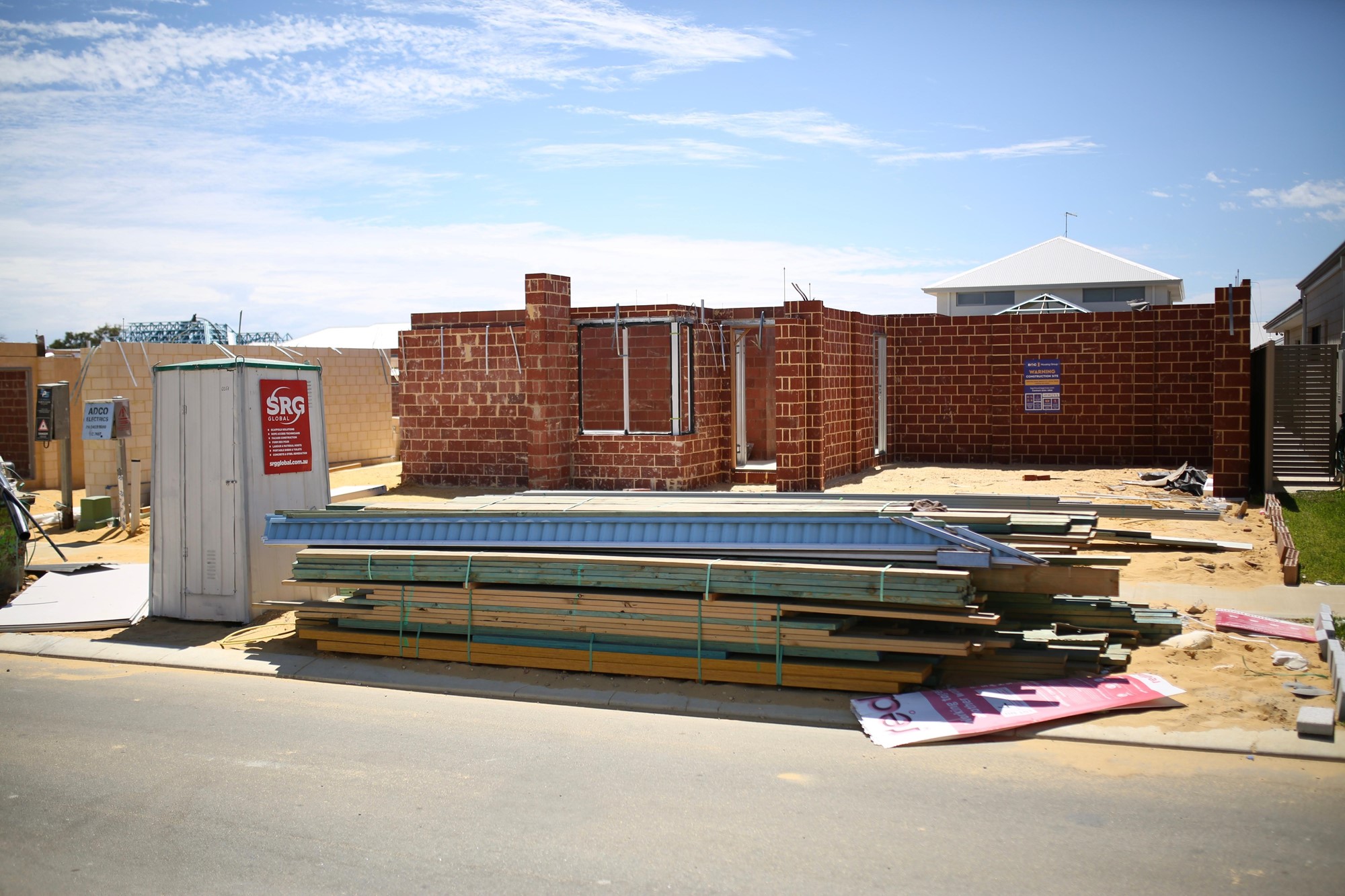
Professor Drum said the key to increasing supply will be to resolve the skills and material shortages that continue to plague the construction industry.
He says there are two solutions to the skills shortage:
- The first is to train people, which the government has sought to tackle by funding additional apprenticeships.
- The second is to bring in people with the skill sets. This is quicker to achieve, and WA is an attractive option for many potential migrants. This will continue to be a short term option whilst the training of skilled workers comes through.
Were there many surprises in the budget?
By Gian De Poloni
Not really, writes WA state political reporter Keane Bourke.
The major announcement was the electricity credit — and particularly the extra support being extended to those who need it most.
But much of the budget was what the Premier and his Ministers had spent weeks hyping up - particularly spending across health, education and the transition to net zero.
It was interesting to see the government's expectations for the years ahead though.
Inflation is expected to start slowly easing, although it will remain higher than it was in the years pre-COVID for some time still.
The good news though is that from next financial year the government is predicting wages will grow faster than inflation, meaning people should start to get their first real pay rises in years.
What are you all saying about this budget?
By Gian De Poloni
We love to read your comments and questions! Remember you can reach out via the blue Leave a Comment button above.
This is what you've been telling us so far:
Rodney: Anyone can provide a surplus when they don't provide a y services.
Peter Frank: So why does Albanese continue the shonky GST redistribution in WA favour, arranged by Morrison, and costing the rest of Australia dearly. Surely zero justification in light of booming WA resources exports.
Grace: Great to hear about the electricity infrastructure and social housing investment. Just wondering about investment that might help diversify the states economy for when the iron ore runs out one day? Is there anything that helps us build outside of resources, in other sectors? With tall the talk about being more self-sufficient as a nation in terms of supply chain crisis during covid, is there any signs of investment in manufacturing? What about education so we are not dependent on migrant workers to fill skilled jobs? Imagine making university more affordable for people career transitioning.
George: As Premier and Treasurer, does MM get 2 salaries?
Not enough to diversify economy, says peak business body
By Kate Christian
The budget will see $463 million go towards 'diversifying' WA's economy, including setting up a new trade office in Texas, attracting major events to help business and tourism, and support for student welfare to attract international students.
However, Aaron Morey from the Chamber of Commerce and Industry WA says the budget doesn't go far enough to help businesses and diversify and grow the economy.
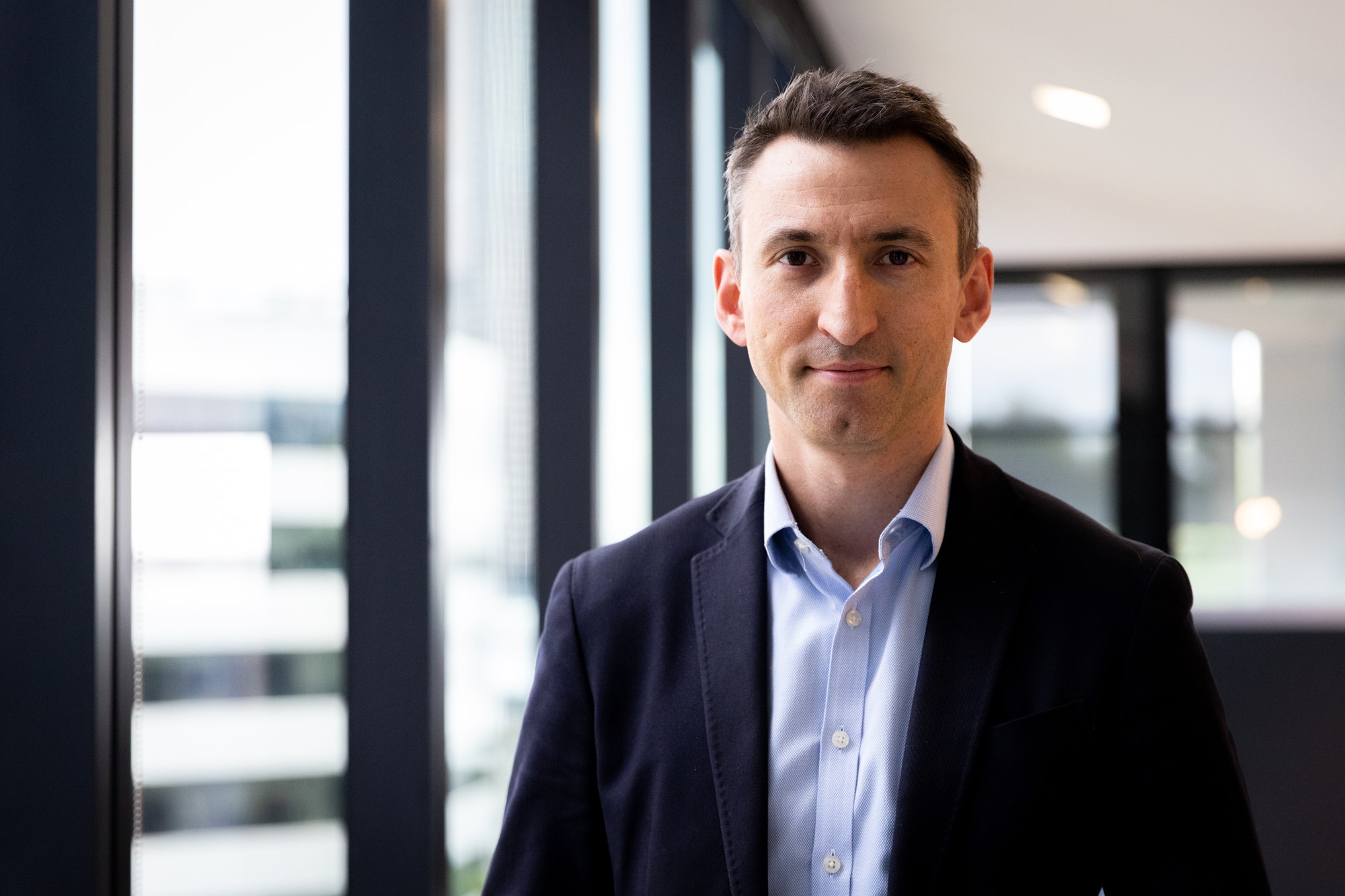
"This budget is steady as she goes. There's not a lot of initiatives in this budget to diversify and grow the WA economy, and not many initiatives in there to relieve the very heavy burden of payroll tax on small and family businesses," he said.
"It is welcome that the state government will provide a $650 electricity subsidy to some businesses, however they need to go much further."
What are the big ticket items?
By Kate Christian
While locked in a room with the state's journalists, Premier Mark McGowan was keen to highlight the key focus areas in this year's budget — cost of living relief, boosting housing supply, a "record" investment in health and decarbonising the economy — while keeping the budget in surplus and paying down debt.
The premier says his third budget as treasurer "clearly demonstrates that our work to improve the state's finances and build a strong and resilient economy has left us in a position that is the envy of the nation".
"It has put us in a position to support Western Australian families and communities, enhance public services and continue our record investment in the state's future."
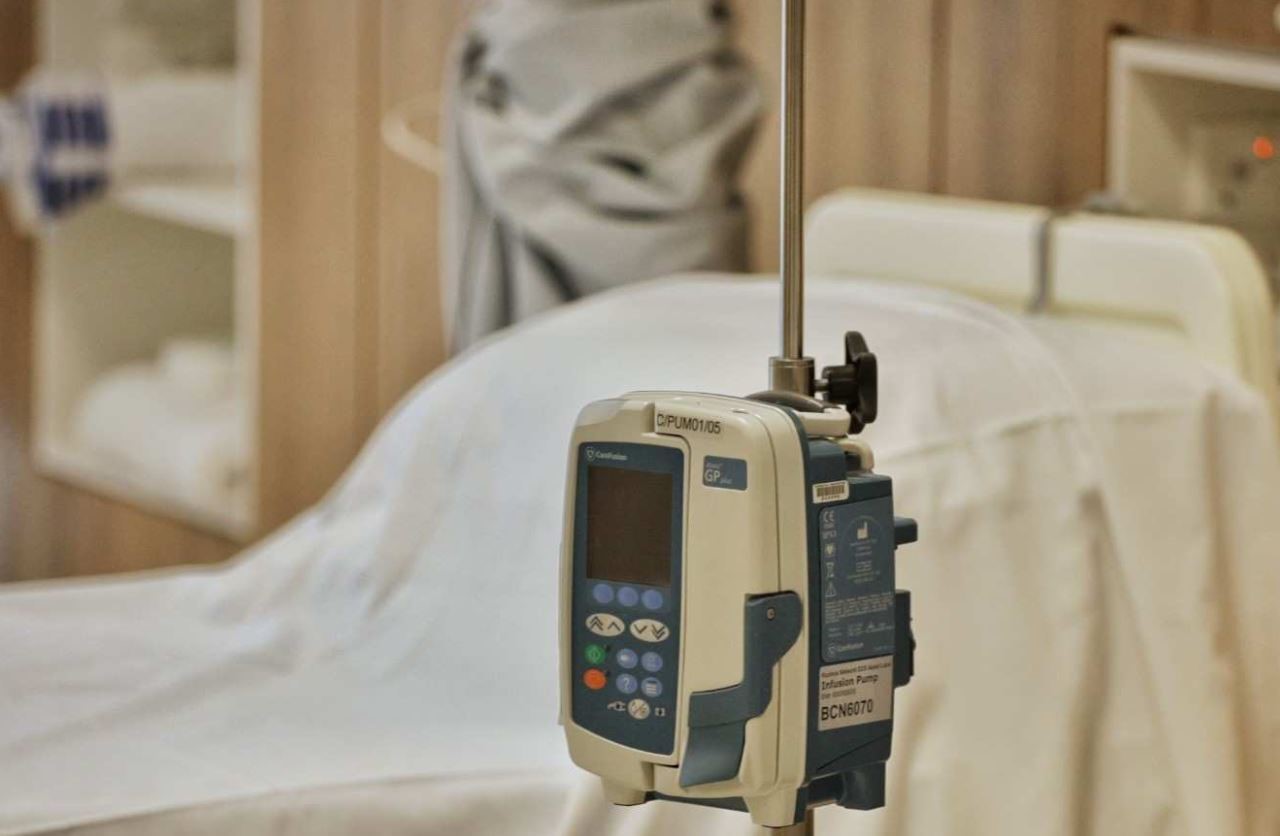
Economist Conrad Liveris says there are many core pillars of any budget like education, hospitals and government-run projects, but there's always scope to do more.
"The government has been clear, that the cost of living is a clear concern for them.
They are [also] investing $2.7 billion more into the health system... and they are spending $750 million on housing and $3 billion for climate change matters, like electrification, decarbonisation, renewable energy and desalination.
That's a big investment and suggests that the environment is also close to the front of mind for them."







